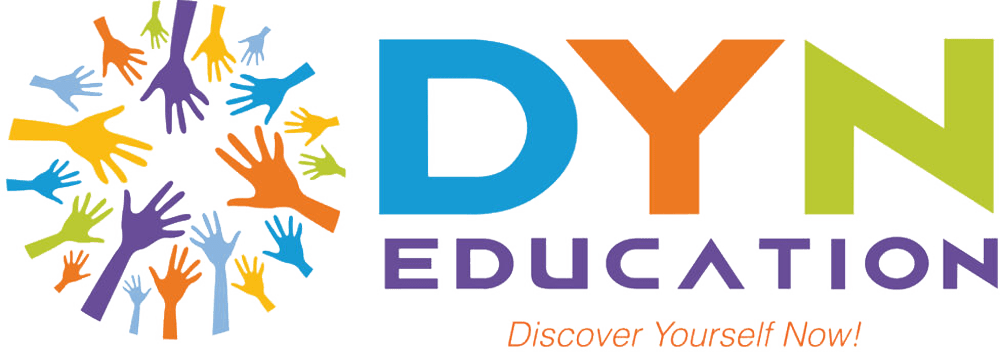Pedagogy
About the Curriculum
“If there were an opposition between science and art, I should be compelled to side with those that assert that education is an art.”
–John Dewey
National health education standards alignment
Learning outcomes aligned with student learning objectives
Formative and summative assessments
Five-step lesson plan with lesson plan delivery guide and scripts
Z-generation teaching strategies
Affective teaching methods
Inclusive and activities-based strategies
Trauma-informed SEL practices
Family engagement
Culturally responsive pedagogy
Bloom’s taxonomy
Attenuation theory
Constructivist learning theory
Advanced organizers
Visual/auditory/kinesthetic curriculum infusion
Socratic methods
Social learning theory
Storytelling
Translational Science
Critical Thinking Skills
“If you aim at nothing, you will hit it every time.”
–Zig Ziglar
Several of DYN’s founding board members had been involved with organizations that helped young people believe they were capable of doing anything, but the problem they recognized was the “now what” factor. The next step in breaking generational poverty is to open kids up as to what their dream career might be, based on their passion. Whether it is being an underwater welder, a teacher, a lawyer, an entrepreneur, or an educator, there is a process of making dreams a reality. Critical thinking skills include setting and achieving goals, leadership, and team building. In this portion of DYN’s workshop and curriculum, our students learn how to deal positively with negative emotions, what steps are needed to achieve goals, how to work within a group, and leadership.
Social-Emotional Learning
“Emotional intelligence is the “something” in each of us that is a bit intangible. It affects how we manage behavior, navigate social complexities, and make personal decisions that achieve positive results.”
–Travis Bradberry & Jean Greaves
DYN Education incorporates Social and Emotional Learning (SEL), a process through which individuals:
- Understand and manage emotions,
- Set and achieve positive goals,
- Feel and show empathy for others,
- Establish and maintain positive relationships,
- Set and achieve positive goals,
- Feel and show empathy for others,
- Establish and maintain positive relationships, and
- Make responsible decisions.
Research indicates pedagogy and instruction that incorporates social-emotional learning and intelligence (SELI) content and course design is positively correlated with the following student outcomes:
- Increased academic achievement,
- Healthier emotional interactions and strategies,
- And success!
Citation note: CASEL, 2020
